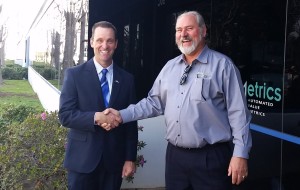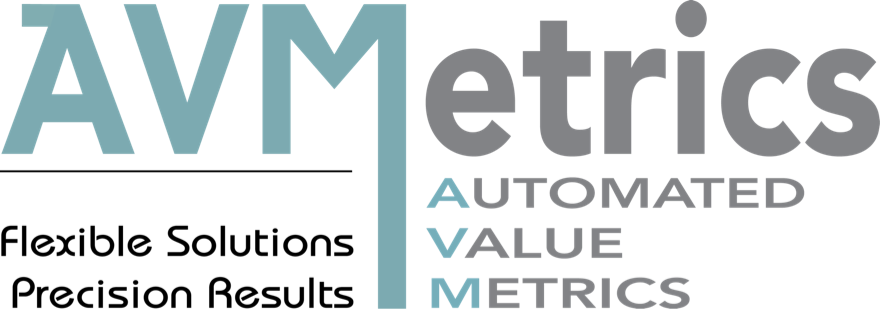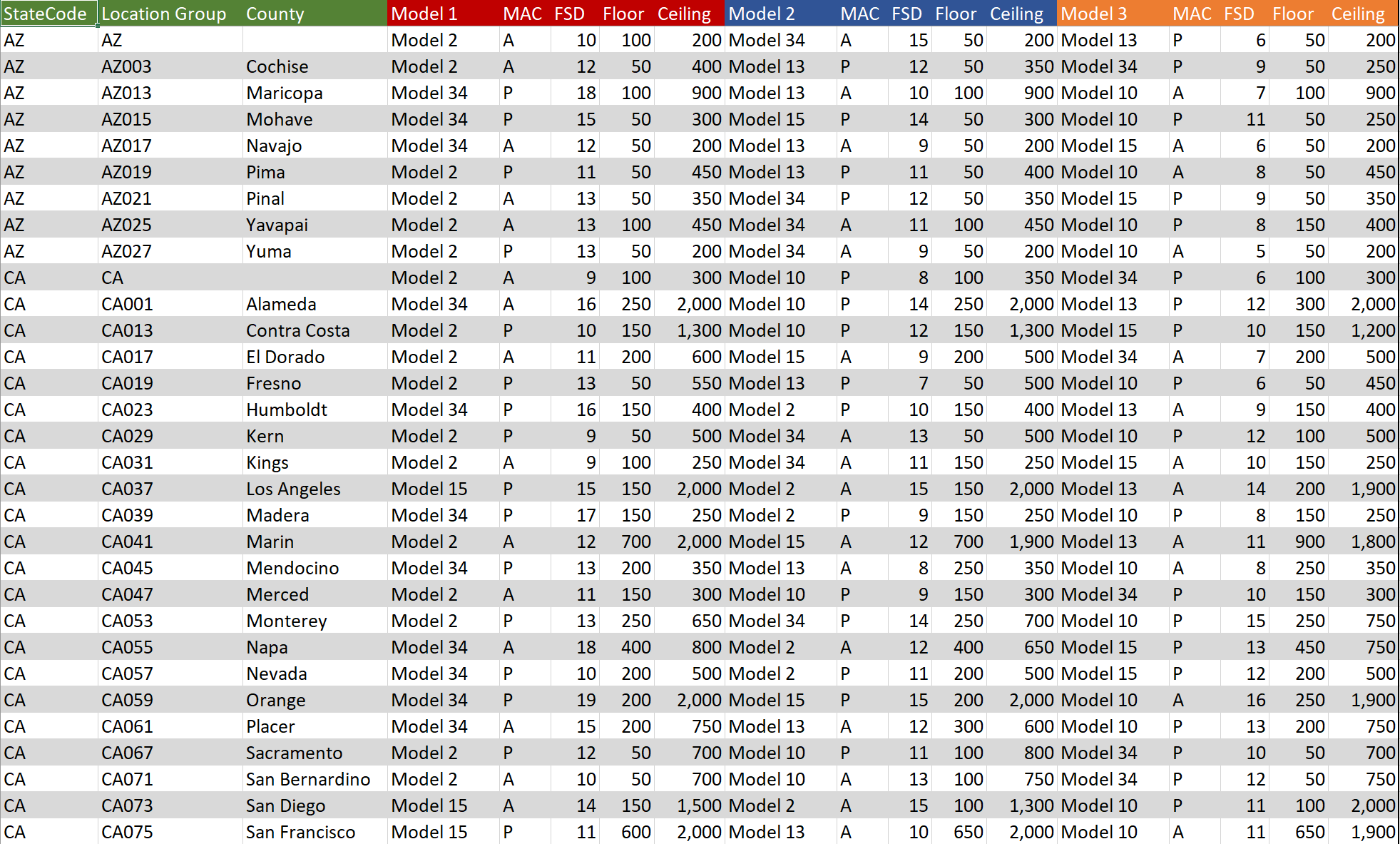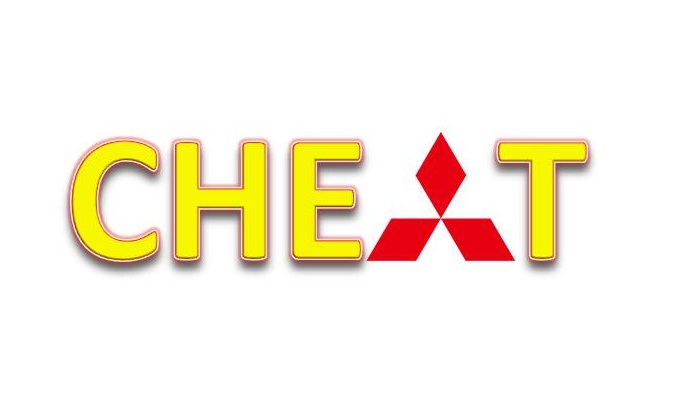AVMetics’ ongoing independent AVM testing continues in 2018 according to the attached schedule. Please use the link below to download a pdf with the entire 2018 testing schedule.
How AVMetrics Tests AVMs
Testing an AVM’s accuracy can actually be quite tricky. It is easy to get an AVM estimate of value, and you can certainly accept that a fair sale on the open market is the benchmark against which to compare the AVM estimate, but that is really just the starting point.
There are four keys to fair and effective AVM testing, and applying all four can be challenging for many organizations.
- Your raw data must be cleaned up, to ensure that there aren’t any “unusable” or “discrepant” characters in the data; differences such as “No.” “#” and “Num,” must be normalized.
- Once your test data is “scrubbed clean” it must be assembled in a universal format and it must be large enough to provide reliable test results, even down to the segment level for each property type within each price level within each county, etc. and this might require hundreds of thousands of records.
- Timing must be managed so that each model receives the same sample data at the same time with the same response deadline.
- Last, and most difficult, the benchmark sales data must not be available to the models being tested. In other words, if the model has access to the very recent sales price, it will be able to provide a near-perfect estimate by simply estimating that the value hasn’t changed (or changed very little) in the days or weeks since the sale.
AVMetrics tests every commercially available AVM continuously and aggregates this testing into a report quarterly; AVMetrics’ testing process meets these criteria and many more, providing a truly objective measure of AVM performance.
The process starts with the identification of an appropriate sample of properties for which benchmark values have very recently been established. These are the actual sales prices for arm’s-length transactions between willing buyers and sellers—the best and most reliable indicator of market value. To properly conduct a “blind” test, these benchmark values must be unavailable or “unknown” to the vendors testing their model(s). AVMetrics provides in excess of a half million test records annually to AVM vendors (without information as to their benchmark values). The AVM vendors receive the records simultaneously, run these properties through their model(s) and return the predicted value of each property within 48 hours, along with a number of other model-specific outputs. These outputs are received by AVMetrics, where the results are evaluated against the benchmark values. A number of controls are used to ensure fairness, including the following:
- ensuring that each AVM vendor receives the exact same property list (so no model has any advantage)
- ensuring that each AVM is given the exact same parameters (since many allow input parameters that can affect the final valuation)
- ensuring through multiple checks that no model had access the recent sale data, which would provide an unfair advantage
In addition to quantitative testing, AVMetrics circulates a comprehensive vendor questionnaire twice annually. Vendors that wish to participate in the testing process complete, for each model being tested, roughly 100 parameter, data, methodology, staffing and internal testing questions. These enable AVMetrics, and more importantly our clients, to understand model differences within both testing and production contexts, and it enables us and our clients to satisfy certain regulatory requirements describing the evaluation and selection of models (see OCC 2010-42).
AVMetrics next performs a variety of statistical analyses on the results, breaking down each individual market, each price range, and each property type, and develops results which characterize each model’s success in terms of precision, usability and accuracy. AVMetrics analyzes trends at the global, market and individual model levels, identifying where there are strengths and weaknesses, and improvements or declines in performance.
The last step in the process is for AVMetrics to provide an anonymized comprehensive comparative analysis for each model vendor, showing where their models stack up against all of the models in the test; this invaluable information facilitates the continuous improvement of each vendor’s model offerings.
2017 Test File Schedule
We are pleased to share our 2017 testing schedule for our ongoing independent AVM testing. Please click the link below to download a pdf with the entire 2017 testing schedule.
Same Scandal, New Perpetrator
It seems like only yesterday we were lamenting the hubris of Volkswagen, loading software into their TDI models to fake out emissions tests on tens of millions of vehicles. Here we are again, this time with Mitsubishi. The only real surprise is that these companies don’t learn.
Hyundai in 2012, Ford in 2014, Volkswagen in 2015, and now Mitsubishi, although this is not even their first scandal. In the early 2000s, Mitsubishi was embarrassed by defects that were covered up.
It’s surprising that these companies cannot identify the root cause is faulty business processes. Instead, they root out the responsible parties and do a mea culpa, or the CEOs resign in shame for their leadership failures (as in the case of Volkswagen last year). Why doesn’t anyone realize that if your system is to self-test for emissions and mileage, eventually you are going to have a problem, because that is not a foolproof system?
The faulty business process is their lack of independent testing. These emissions and mileage results are vital business inputs, and the integrity of those results is mission critical. Where are their controls?
Our industry is financial services, where federal regulations have long required independent testing in many areas. Our specific segment of the industry is the Automated Valuation Model (AVM) business, which has a regulatory mandate for independent validation. Financial institutions use many different kinds of computer models to improve decision making, and AVMs are one kind of model. They estimate property values, and for banks that makes loans on property, that comes in handy in dozens of ways.
But, if there are systematic problems with AVMs, for example, if they over-valued everything by 20%, it could cause a huge problem for banks and credit unions. This is where we come in. We independently test and validate every commercially available residential AVM on a continuous basis, thoroughly, rigorously and impartially. And, the beneficiaries are everyone. Banks and credit unions benefit, borrowers benefit, and even the AVM developers benefit because of the feedback we provide to them as well as the broader consumer confidence in their products.
Certainly it is incumbent upon leaders to create a culture of integrity. One way of doing that is to do more than admonish people to be honest. Instead, create a system where there is independent testing, and make sure that everyone knows that their results will be tested. Voila! When people know they are being checked, integrity soars, and everyone wins. Don’t just demand integrity; build it into the process!
Lee Kennedy, principal and founder of AVMetrics in 2005, has specialized in collateral valuation, AVM testing and related regulation for over three decades. Over the years, AVMetrics has guided companies through regulatory challenges, helped them meet their AVM validation requirements, and commented on pending regulations to help bring clarity and sanity to the situation. Lee is an author, speaker and expert witness on the testing and use of AVMs. Lee’s conviction is that independent, rigorous validation is the healthiest way to ensure that models serve their business purposes. Every commercially available AVM vendor trusts AVMetrics to provide feedback to them on their models, facilitating each model’s continuous improvement.
Congressional Rep. Steve Knight and the Importance of Independent Oversight
 On March 10, 2016, AVMetrics™ was pleased to welcome Rep. Steve Knight to the offices. The team talked to Rep. Knight about a wide range of issues, from the local economy to environmental issues.
On March 10, 2016, AVMetrics™ was pleased to welcome Rep. Steve Knight to the offices. The team talked to Rep. Knight about a wide range of issues, from the local economy to environmental issues.
Rep. Knight has been touring the District and meeting with constituents to develop an ever-greater understanding of the issues that his constituents face. Lee and the team explained AVMetrics’™ core business: the independent testing of AVMs. AVMetrics™ ‘ core philosophy is that independent testing creates an environment of integrity, and that businesses, systems, and markets with integrity do not suffer from fraud, corruption or bubbles. AVMetrics’™ mission is to ensure integrity in the AVM market to guarantee that AVMs remain a respected and reliable tool.
Rep. Knight also discussed the recent Porter Ranch gas leak disaster, having recently testified before Congress on the subject. The group discussed the advantages of AVMetrics’™ philosophy of independent oversight as an aspect of governmental response to prevent future disasters.
As a veteran of the U.S. Army, Rep. Knight was interested in AVMetrics’™ challenges and successes as a veteran-owned business. AVMetrics™ has been a veteran-owned business for almost 12 years but only last year was certified as a “Veteran Owned Small Business” by the U.S. Dept of Veterans Affairs.


